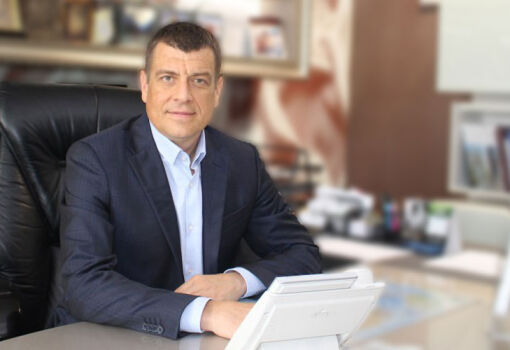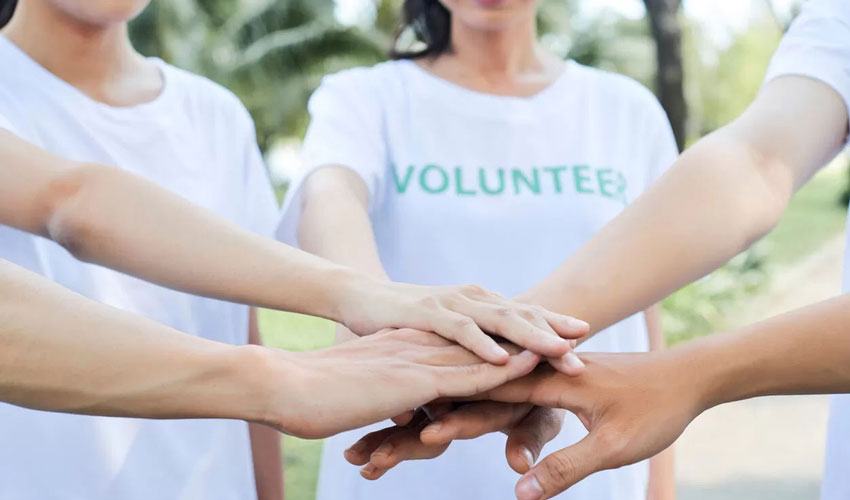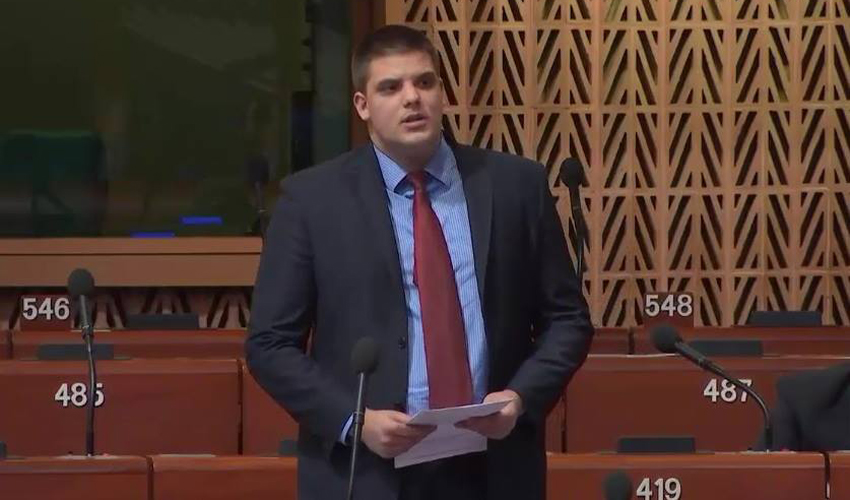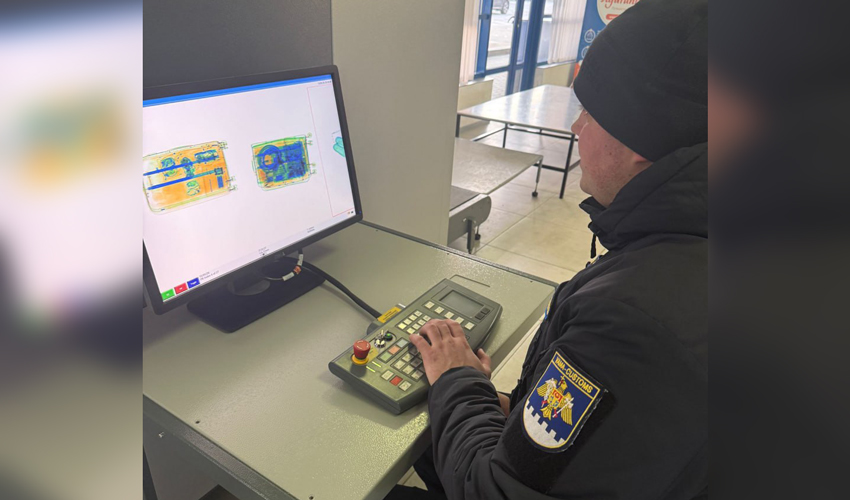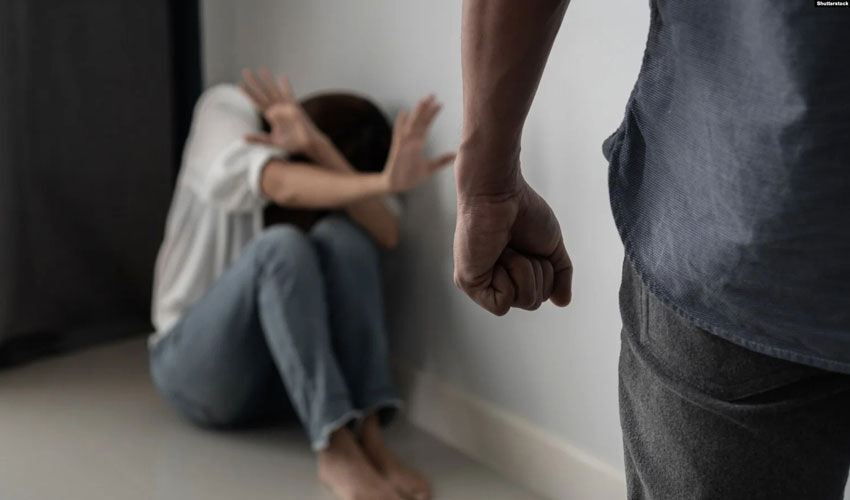
The Ministry of Labour and Social Protection reports on large-scale measures to protect victims, including the creation of a network of social services for victims of violence – specialized shelters and psychological support services.
“This year we have mobilized large financial resources for victims of violence. This is how the state stands up for vulnerable people, helping them to overcome trauma and rebuild their lives. For example, in June we opened the Magnolia social service, a modern 28-bed shelter for women and children affected by domestic violence, including people with disabilities. Fighting violence is a national priority, and the Ministry of Labor and Social Protection will continue to invest in the development of this system,” said Minister of Labor and Social Protection Alexei Buzu.
Following the opening of a relevant center in the Northern Region, the line ministry continues to expand the network of specialized centers in the Southern, Central and South-Eastern regions of the country to ensure adequate support in all regions. The centers have been renovated and equipped with modern furniture and equipment, and energy efficiency projects have been implemented in the buildings. Three new centers with a capacity for 75 persons will open in 2025.
In addition, a major project aimed at protecting child victims or witnesses of crime will be the Barnahus Center in Cahul, which will provide comprehensive assistance: social, medical and legal. The center is currently being designed, with an estimated budget of about 16 million lei.
According to the requirements of the Istanbul Convention and GREVIO recommendations, 260 places for the rehabilitation of victims of violence should be reserved in Moldova, based on the current population. Currently, 182 places are available.
In 2024, in order to better respond to cases of domestic violence, the position of specialist in preventing and combating domestic violence and rehabilitation of victims of crime was introduced in social services at local level. 145 new specialists in the field of child rights protection were recruited, and about 450 specialists in the prevention of domestic and gender-based violence were also trained.









